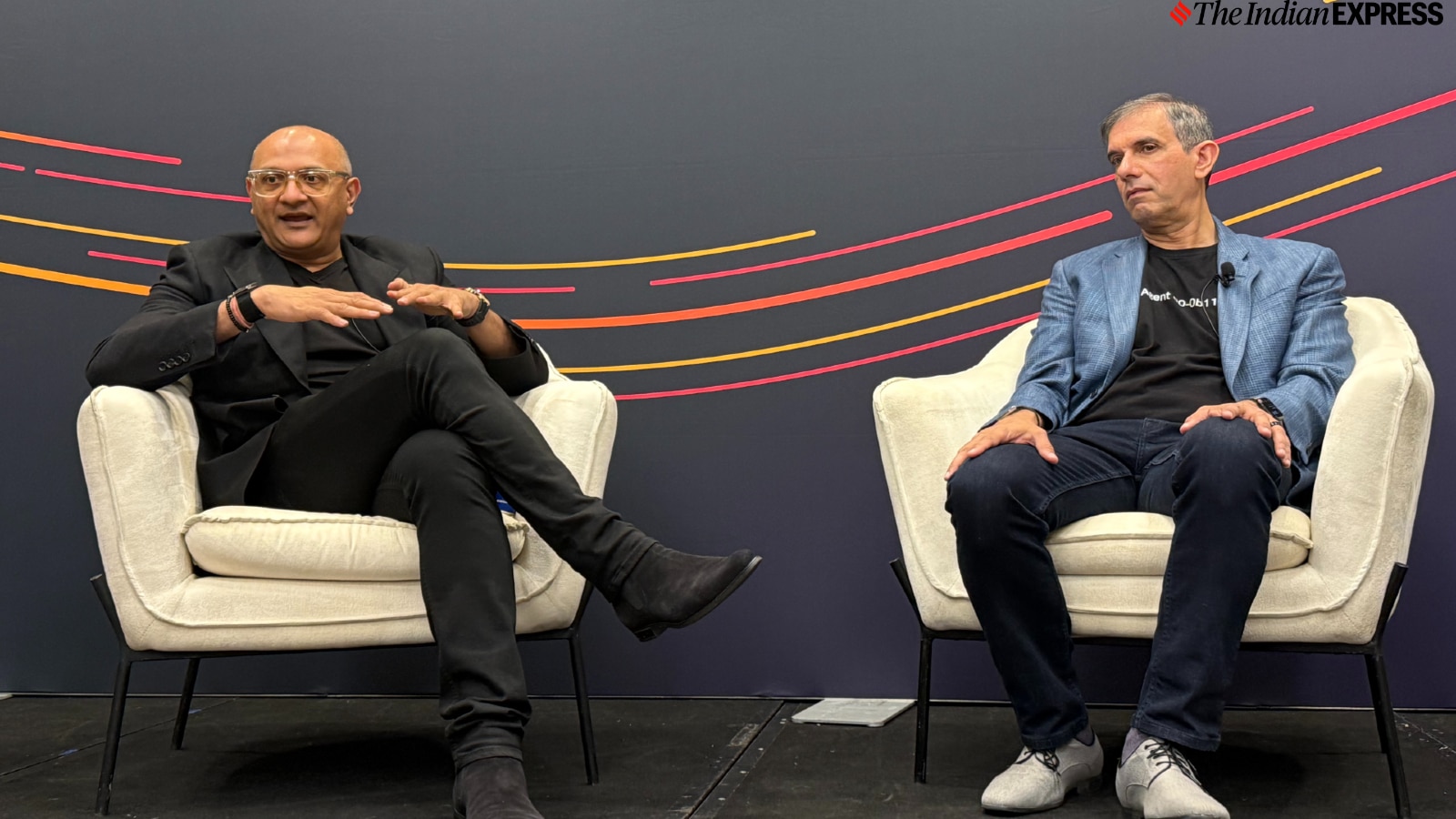“Looking at India, given its growth and development, it’s natural that the country faces cybersecurity risks like every other nation. The kinds of problems we are solving in security, connectivity, and observability, along with the shift to AI, align well with what India needs to do economically,” said Jeetu Patel, Cisco’s President and Chief Product Officer, emphasising how the country’s growing digital infrastructure and increased spending on computing technologies to leverage AI could help Splunk gain greater visibility in the world’s fourth-largest economy.
“I would say that India is one of our top growth markets, and we believe that will continue. Now, where the opportunity for Splunk lies is that it hasn’t been very well penetrated in India and they didn’t have the distribution and go-to-market presence. That’s where we can really help, because we happen to have a pretty large footprint in India. We will participate quite heavily,” Patel told indianexpress.com at a select media roundtable on Tuesday during Splunk’s annual conference in Boston, Massachusetts.
“Whenever there’s a lot of development, you are going to have exposures to cyber threats,” he said. “I think India is going to have exposures to that front and we believe we can help.”
San Jose, California–headquartered Cisco is the largest seller of networking gear, with its switches and routers serving as key pieces of equipment that direct data traffic in and out of networks and across the internet. But over the years, the company has diversified its revenue and is increasingly pushing into software and services, which kickstarted by the acquisition of the data-crunching firm Splunk, which it brought for $28 billion in 2023.
 Cisco has detailed several new AI-powered advancements designed to bolster security operations at Splunk 2025 in Boston. (Image credit: Anuj Bhatia/Indian Express)
Cisco has detailed several new AI-powered advancements designed to bolster security operations at Splunk 2025 in Boston. (Image credit: Anuj Bhatia/Indian Express)
During Splunk’s customer and partner event in Boston, a clear vision emerged for how the combination of Cisco and Splunk technologies will help businesses and organisations transition into the agentic AI era. Splunk’s software, which collects and manages vast volumes of machine data, is expected to play a major role in addressing the infrastructure, data, and trust gaps that are currently holding back broader adoption of AI and agentic AI.
“We have massive distribution in certain areas and geographies where Splunk had actually either underinvested or not prioritised at all. That was one of the key reasons behind the acquisition,” Patel said in response to a question about how the company is leveraging its brand to push Splunk in the Asia Pacific region. “And now, what you are starting to see are the fruits of that strategy beginning to come together.”
While Splunk continues to operate as a subsidiary, Cisco has been integrating its product portfolio with Splunk’s platform for collecting and managing machine data, as well as its software tools such as those for observability and security management that leverage that data. Onstage, Splunk executives demonstrated the upcoming integration of Cisco AI Canvas, the agentic AI system for IT operations unveiled at Cisco Live in June with the Splunk Cloud Platform. In another example, Splunk customers can now ingest security data from Cisco firewall systems at no additional cost.
Story continues below this ad
“Cisco’s buying center tends to be focused on network security think firewalls and secure access. Splunk’s buying center, on the other hand, is typically more aligned with the SOC analysts. While both of us sell to the CISOs , the buying motions are distinctly different. Sometimes we might sell the network security component as a feature of the network, while Splunk might approach the directly to CISOs. So, there will continue to be separate buying motions, and I don’t see that changing much,” Patel explained.
The writer is in Boston attending Splunk 2025 at the invite of Splunk, a Cisco company.
© IE Online Media Services Pvt Ltd





Average Rating